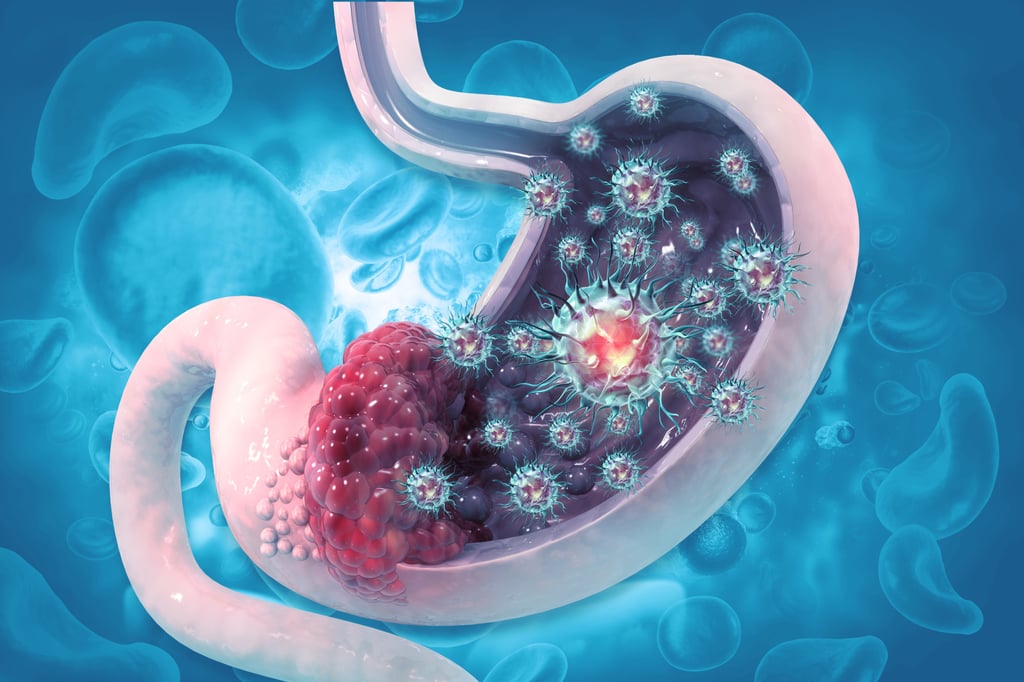Why a stomach cancer diagnosis is often delayed: people ignore early symptoms, doctors say
- Stomach cancer is slow to develop, with initial symptoms benign – strange hunger pangs and hiccups. Lower your risk with lifestyle changes

For many patients, a stomach cancer diagnosis comes as a shock.
You would not hesitate to see a doctor if you began to vomit blood, started to pass bloody or very black stools, or had really severe abdominal pain. All of these can be a sign of stomach cancer – but usually at an advanced stage.
Yet few people see a doctor about the common, though seemingly benign symptoms that may signal the early stage of this typically slow-developing disease.
A 55-year-old doctor in the US state of Nebraska recalls having unusual hunger pangs while trying to sleep between hospital shifts – and feeling hungry even though he knew he shouldn’t be. Eating did not quell his hunger.

He was diagnosed with stage 2 stomach cancer, and his is one of six stories of survivors posted on The University of Texas MD Anderson Centre cancer education website.
Even hiccups may be a sign of stomach cancer. They start when the nerves around the diaphragm becoming irritated. This can happen for a number of reasons, including the build-up of fluid in the abdomen and inflammation of the oesophagus – the long tube that carries food from the throat to the stomach.
